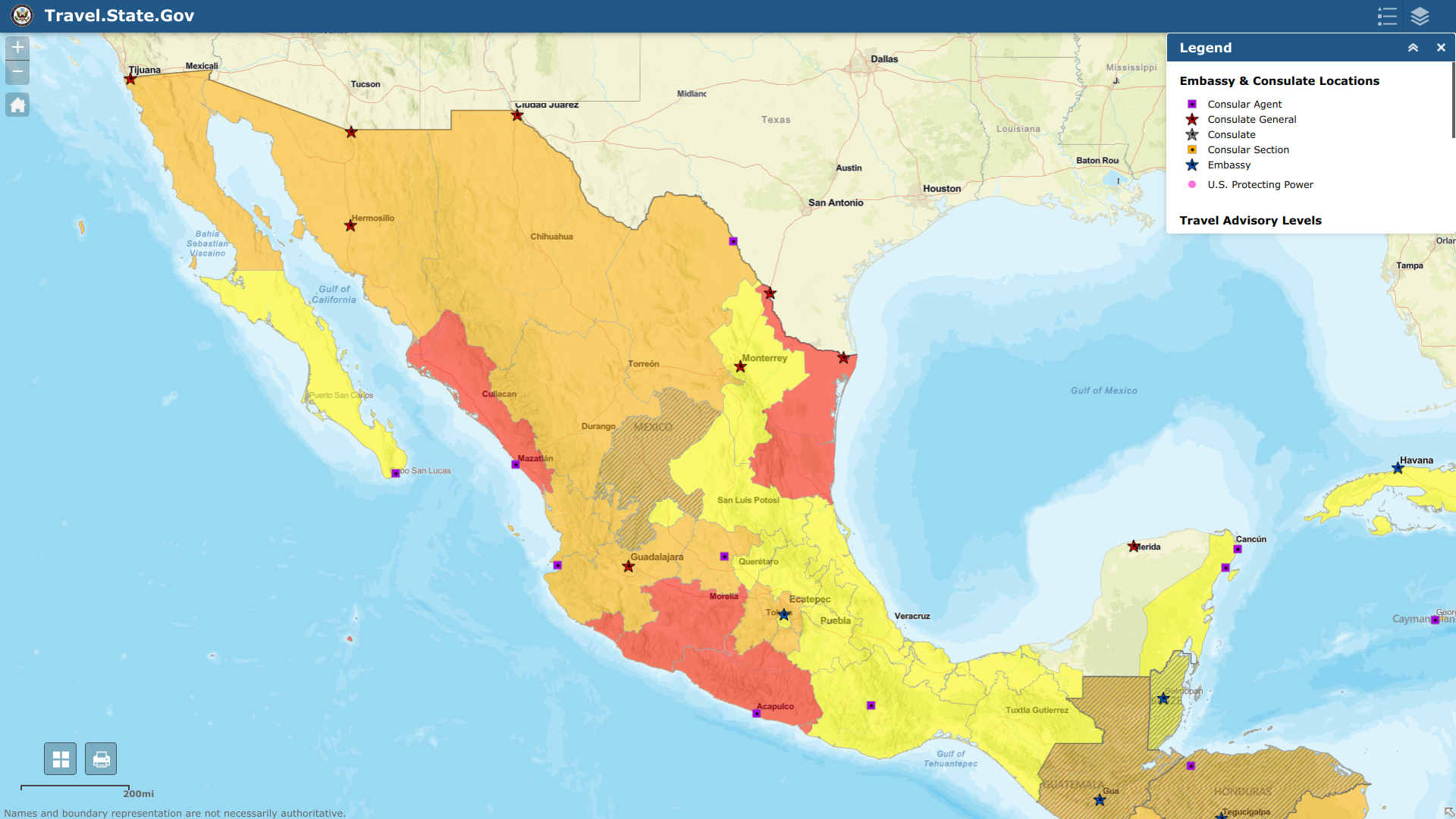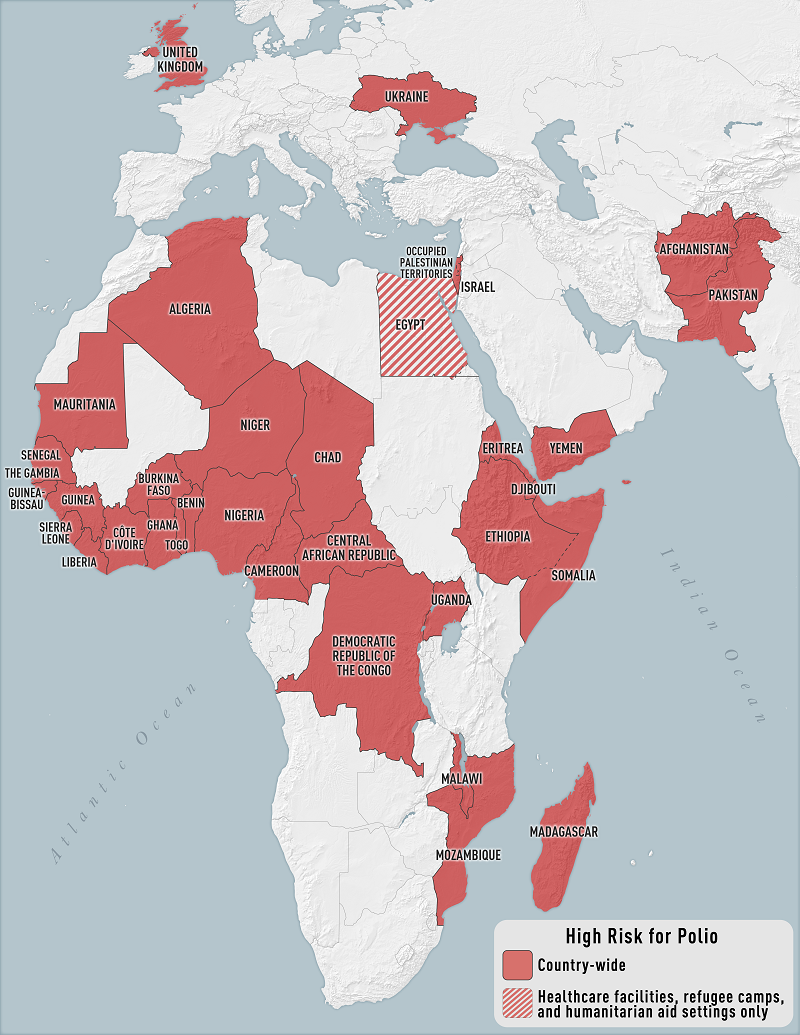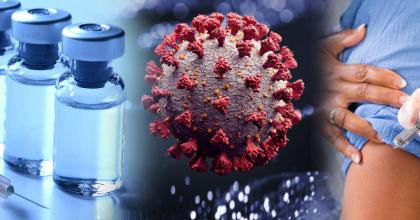VIR-2482 Influenza Monoclonal Antibody
VIR-2482 Monoclonal Antibody 2023
Vir Biotechnology VIR-2482 is an investigational intramuscularly administered influenza A-neutralizing monoclonal antibody (mAb) designed to protect people against seasonal and pandemic influenza. Due to its broad strain coverage of diseases, it has the potential to overcome the limitations of current influenza vaccines and lead to meaningfully higher levels of protection due to its broad strain coverage and because it does not rely on individuals to create their protective antibody response. In vitro, VIR-2482 has been shown to protect all significant strains of influenza A. VIR-2482 incorporates Xencor's Xtend™ Technology and has also been half-life engineered so that a single dose can last the entire flu season.
Under the collaboration agreement signed with GlaxoSmithKline (GSK) in 2021. GSK has an exclusive option to lead the post-Phase 2 development and commercialization of VIR-2482. VIR-2482 is partly funded with federal funds from the Administration for Strategic Preparedness and Response, Biomedical Advanced Research and Development Authority (BARDA), under Other Transaction Number: 75A50122C00081. BARDA's initial investment of approximately $55 million will support the Phase 2 PENINSULA trial. In addition, the multi-year contract also allows for a potential total investment of up to $1 billion for the clinical development of additional future pandemic influenza monoclonal antibodies, as well as the possible development of up to 10 emerging infectious disease or Chemical, Biological, Radiological, and Nuclear medical countermeasure candidates.
VIR-2482 has completed a Phase 1 clinical trial. On July 20, 2023, Vir Biotechnology, Inc. announced that the phase 2 PENINSULA trial evaluating VIR-2482 for preventing symptomatic influenza A illness did not meet primary or secondary efficacy endpoints.
Vir Biotechnology is a commercial-stage immunology company in San Francisco, CA, focused on combining immunologic insights with cutting-edge technologies to treat and prevent serious infectious diseases.
VIR-2482 Indication
VIR-2481 is currently being developed to prevent influenza A viruses and pandemic influenza. Seasonal influenza is a highly contagious respiratory disease that can cause severe illness and life-threatening complications. Pandemic influenza is an infectious airborne respiratory disease that is unpredictable in timing and severity and for which humans have little or no immunity.
VIR-2482 News
July 20, 2023 - "Although, these topline data are disappointing, further analysis is necessary to better understand these outcomes, which we plan to present at a major medical congress," said Phil Pang, M.D., Ph.D., Vir's Executive Vice President, Chief Medical Officer and Interim Head of Research.
December 21, 2022 - Vir Biotechnology has enrolled approximately 3,000 participants in their Phase 2 PENINSULA (PrevEntioN of IllNesS DUe to InfLuenza A) trial.
October 18, 2022 - Vir Biotechnology, Inc. announced that the first participant had been dosed in the Phase 2 PENINSULA trial evaluating VIR-2482 for preventing illness due to influenza A.
October 4, 2022 - The U.S. Government's Biomedical Advanced Research and Development Authority announced an initial investment of $55 million for the ongoing and rapid development of VIR-2482. The multi-year contract has the potential for up to $1 billion to aGovernment'sevelopment of a full portfolio of innovative solutions to address influenza and potentially other infectious disease threats.
February 17, 2021 - GlaxoSmithKline plc and Vir Biotechnology, Inc. announced they have signed a binding agreement to expand their existing collaboration to include the research and development of new therapies for influenza and other respiratory viruses.
December 31, 2022 - the U.S. NIH published: VIR-2482: A potent and broadly neutralizing antibody for preventing influenza A illness.
March 25, 2020 - Xencor, Inc. announced it has entered into a technology license agreement with Vir Biotechnology, Inc., in which Vir will have non-exclusive access to Xencor's Xtend™ Fc technology to extend the half-life of novel antibodies that Vir is investigating as potential treatments for patients with COVID-19, the disease caused by the novel coronavirus SARS-CoV-2.
VIR-2482 Clinical Trials
VIR-2482 has been studied in a phase 1 clinical trial. The Phase 2 PENINSULA study was last Updated on December 20, 2022.








